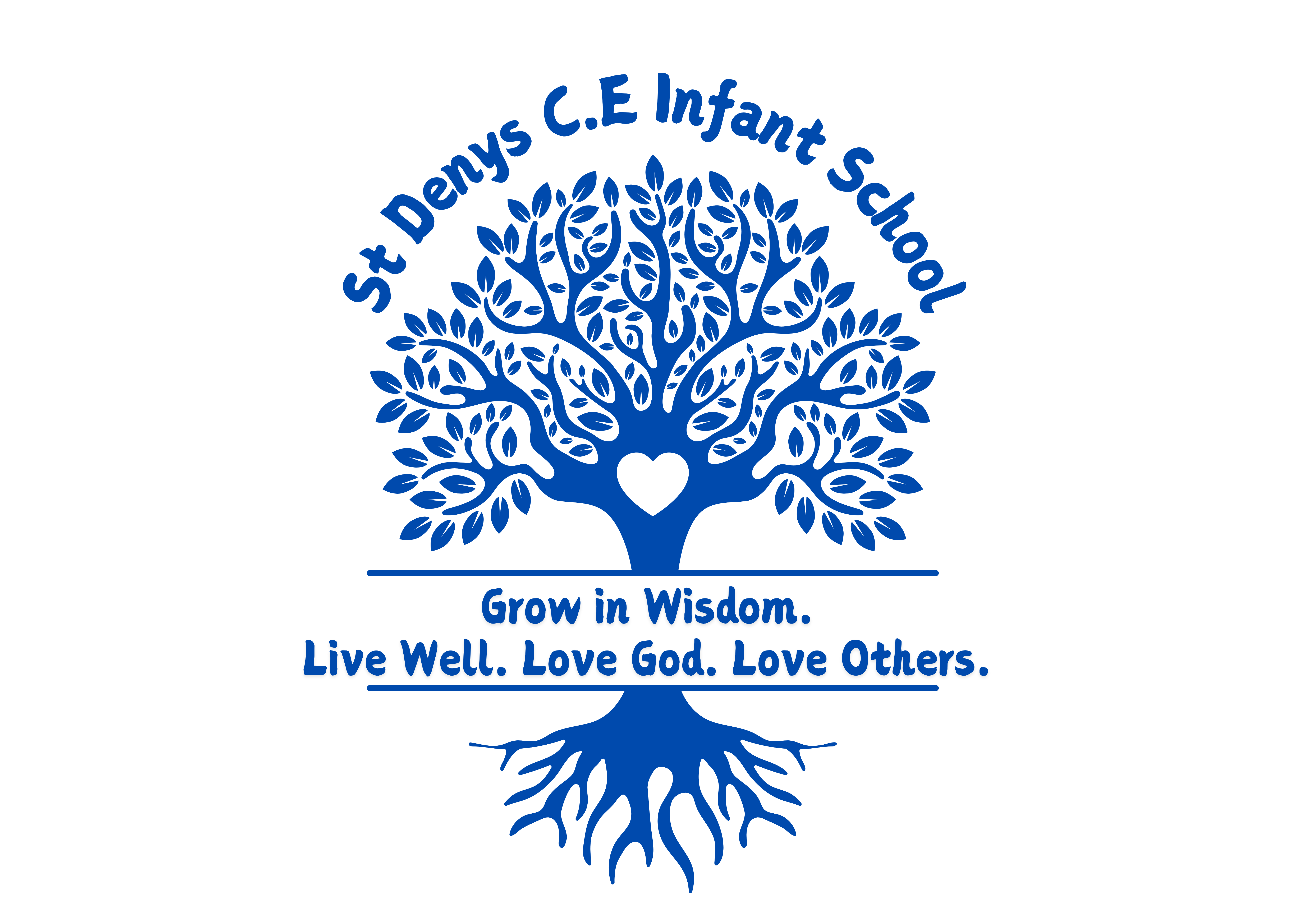A high-quality science education provides the foundations for understanding the world through the specific disciplines of biology, chemistry and physics. Science has changed our lives and is vital to the world’s future prosperity, and all pupils should be taught essential aspects of the knowledge, methods, processes and uses of science. Through building up a body of key foundational knowledge and concepts, pupils should be encouraged to recognise the power of rational explanation and develop a sense of excitement and curiosity about natural phenomena. They should be encouraged to understand how science can be used to explain what is occurring, predict how things will behave, and analyse causes.
Our science curriculum is delivered using the Developing Experts scheme of work, which allows children to learn in an engaging and dynamic way. All science lessons feature an expert film and “Mission Assignment”, with real life scientists as well as other workers in STEM careers. These experts show the application of scientific topic within their workplace and help the children to develop a knowledge of the wider world through a scientific lens.
Science is all around us and we want our children to be curious and excited to explore. Therefore, a range of hands-on, practical activities and investigations are embedded to deepen pupils understanding of science concepts. Our curriculum also reflects the diversity of scientific methods and ensures that children are exposed to fair testing, identifying, classifying, pattern seeking and observing over time.
Lessons are sequenced so that new knowledge is gradually built on prior learning, with recall questions being embedded throughout. High-quality presentations ensure substantive knowledge is taught through pictures, videos and vocabulary. Discussion prompts are also used to allow children to develop their scientific language, knowledge and understanding of interrelated scientific concepts.
Pupils begin to explore the natural world in the Foundation Stage as a part of their ‘Understanding the World’ unit. As they move into Key Stage 1, key themes are built upon within the disciplines of biology, chemistry and physics and over time, pupils’ knowledge and understanding is systematically developed, as is their application of scientific skills. We ensure that the Working Scientifically skills are built on and developed from year to year, and we ensure that pupils can apply these skills when using equipment, conducting experiments, building arguments and explaining concepts confidently and continue to ask questions and be curious about their surroundings.
Educational trips and visits enrich our science curriculum and allow pupils to have first-hand experiences of their learning as well as speak to experts in their fields. Our curriculum promotes a cross-curricular approach to science, specifically English and Mathematics.
